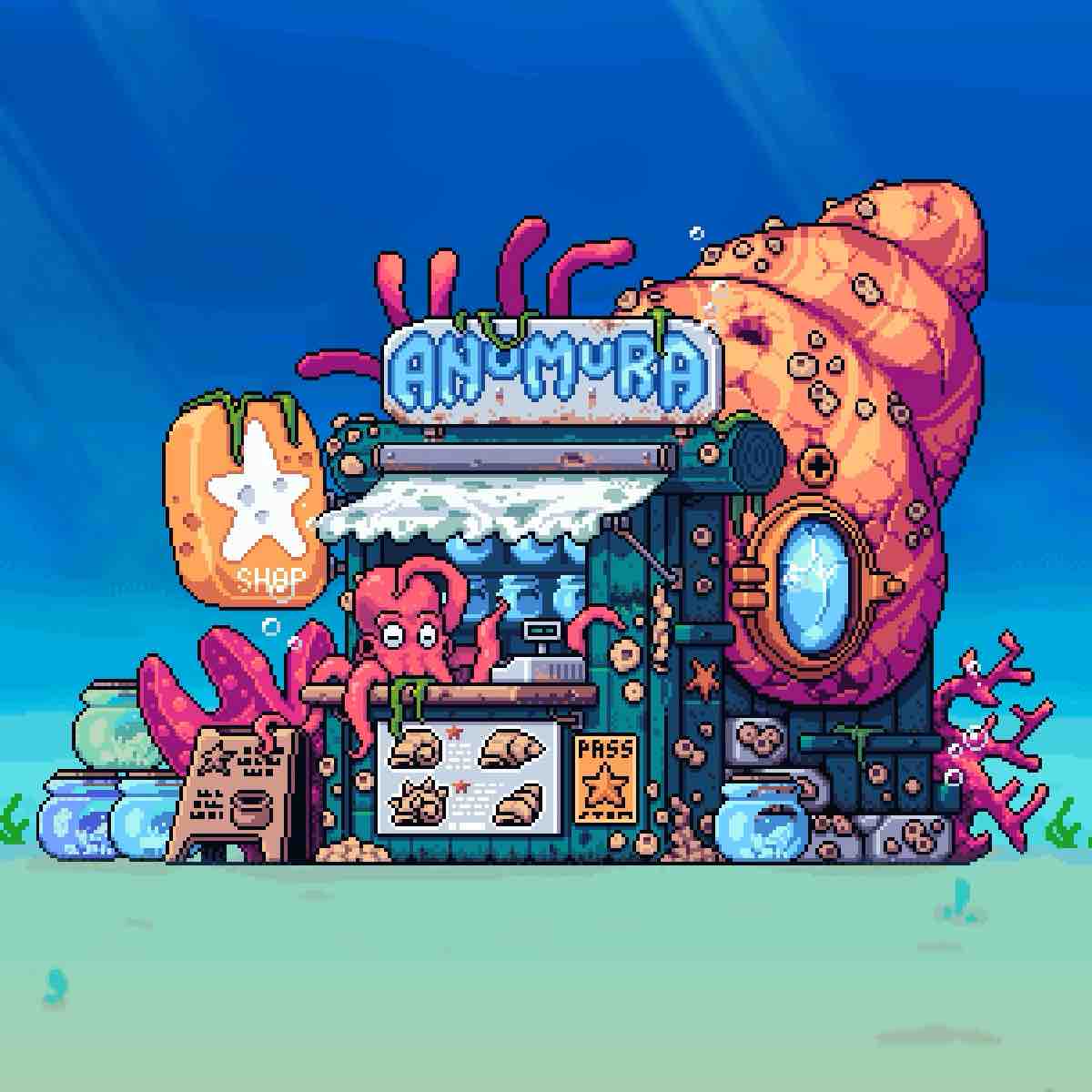
Overnight, 16-year-old Kyle Giersdorf became a multi-millionaire when he beat 99 competitors during the 2019 Fortnite World Cup. Earning millions for playing video games sounds like the ultimate dream, but playing well enough to make money is far from easy in traditional gaming. To reach even a $1,000 monthly salary, one would have to become a professional gamer, and going pro means training 12 to 14 hours a day, which is at least 75 hours a week without weekends.
Blockchain is changing these traditional gaming standards with play-to-earn (P2E) games. P2E games empower the most ordinary player to make some bank without committing to endless hours of training, through owning in-game assets that are tokenized on the blockchain. Users can then sell these in-game assets to earn money.
The problem is many of these P2E games simply aren’t fun to play—they often sacrifice graphics and actual gameplay experience, leaving only money making to be the primary purpose. But if someone devotes time to playing a game to make some money, shouldn’t it be enjoyable?
That’s where Anomura, an innovative strategic play-to-earn game, comes into the picture.
Long Do, game director of Virtually Human Studio, explained why he created the studio’s new game, Anomura: “The current P2E model is fundamentally flawed because these games aren’t fun, are expensive, and are inaccessible to mainstream audiences.”
An avid gamer himself, Do knew exactly what made a game compelling and innovative for users. Do prioritized the “fun” before anything else in Anomura, bringing the game to life by integrating fantastical and mythical storylines and themes into the technological infrastructure that is a P2E game. Anomura houses fantastical creatures with magical powers, an ever-evolving Universe called the “Infinity Circle,” and different realms where users can traverse, discover treasure troves, and unlock cards.
More than just being a unique and fun user experience, Anomura is innovative and creative in its actual infrastructure. “Our team is at the frontier of Web3 game development because we’re writing code that has never existed before,” said Do. “This gives us an opportunity to flex our creativity and originality and take Web3 gaming to new levels.”
With many P2E games there is a catch. Users have no choice but to invest at least some of their money into the game as a sort of entry fee, whether they want to earn in-game assets or play the game solely for fun. Anomura flips the play-to-earn model upside down by being a play-AND-earn game. Users have the choice to either play the game for free or to monetize their game experience. “We’re lowering the barriers to entry by offering a free-to-play game concept demo,” Do explained. “We want everyone to experience the world of Anomura, with or without a wallet.”
A game should be fun, accessible to all, and, especially in crypto, environmentally friendly. For example, the Cambridge Bitcoin Electricity Consumption Index estimates that Bitcoin mining uses more power globally per year than some entire countries, such as the Netherlands and Pakistan.
Anomura, however, hopes to reduce crypto’s carbon footprint by being the world’s first ocean positive play-and-earn game. With the help of SeaTrees’ top blue carbon REDD+ project, Anomura will wipe out the carbon footprint caused by their Ethereum transactions. The project focuses on the conservation and restoration of mangroves, which inhabit coastal environments. Additionally, with Anomura’s play-to-donate feature, players can choose to allocate in-game rewards towards wildlife conservation efforts. “Our community is made up of like-minded people who are avid gamers who also want to preserve the planet,” said Do.
The number of blockchain games has climbed by 71% over this past year, and with its play-and-earn model, Anomura is at the forefront of the crypto game industry’s innovative growth. Other games are sure to follow suit, creating fun and stimulating worlds that are accessible to all.
Advertising disclosure: We may receive compensation for some of the links in our stories. Thank you for supporting LA Weekly and our advertisers.
